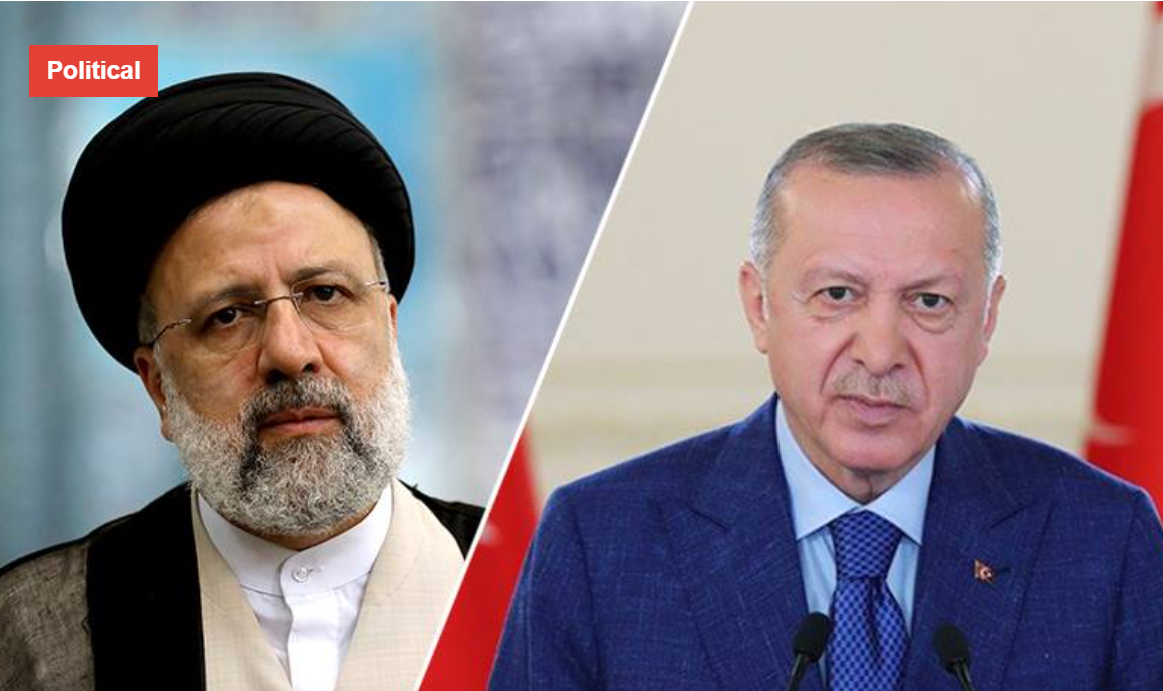Geopolitical competition, conflicting regional goals, and security concerns drive friction between Iran and Turkey. Despite joint efforts to combat terrorism, drug trafficking, and enhance regional security, political and ideological disagreements persist, heightened by the evolving political landscape in the Middle East. Historically, both nations have sought to exploit the shifting regional balance, intensifying rivalry, particularly in Syria and Iraq. Collaborative efforts against the PKK and PJAK and shared economic and security interests are overshadowed by significant differences.
Currently, Turkey and Iran are at odds on numerous issues. Tehran is dead-set against Turkish plans for new military incursions to North Syria and Iraq to wipe out pro-secessionist Kurdish militia. The nations also compete over the Caucasus, and its role as a transit corridor from China and Central Asia to Europe. Iran backs Armenia to cling to its monopoly over access to Europe in this region.
USA and EU are quietly exerting pressure on Ankara to downgrade its alliance with Iran and Russia to join the Western efforts to contain the rising power of the former.
In this extremely complex setting, President Raisi’s death casts shadow over diplomatic tensions with Turkey, argues Radio France Press:
The high profile deaths come as rivalry continues to intensify between Iran and Turkey.
“For Turkey, the future of South Caucasia, Iraq and Syria are critical for its national security. And here in these areas of Turkey, all face Iranian opposition against Turkey’s interests,” explained Bilgehan Alagoz, a professor of international relations at Istanbul’s Marmara University.
For example, the Turkish military is poised to launch a major offensive in Iraq and Syria against the bases of the Kurdish rebel group PKK, which is fighting the Turkish state.
Ankara has repeatedly criticised Tehran for failing to support its efforts, while Iran is concerned about Turkey encroaching in areas it considers to be in its sphere of influence.
The death of Raisi has brought to the fore bitter memories of the killing by the United States four years ago of Qasim Soleimani, the veteran head of the international operations of Iran’s Islamic Revolutionary Guards Corp.
“These two important personalities had been increasing Iranian influence in the Middle East very strongly,” observed Professor of International Relations Huseyin Bagci at Ankara’s Middle East Technical University.
Bagci says Turkey’s diplomatic advantage will no doubt be stronger as Iran heads into presidential elections on 28 June.
“I don’t know if the new foreign minister and President will somehow get the same level of this influence because they will be mostly inexperienced people,” he says.
Internal fight for power
Bagci suggests that a real internal fight for power will be problematic for the country because “Iranian society is much more dynamic and progressive than the regime.
“There is a partnership between the clerics and the military. But these two institutions are also fighting amongst each other.”
However, if Iran’s Revolutionary Guard increases its power, experts warn that it could also result in a more assertive use of Iranian proxies controlled by the IRGC in Iraq and Syria, which are often as odds with Turkish interests.
Alagoz says that the IRGC’s view of the region is very problematic because the Iran proxies are a problem for the future of the Middle East.
“The overconfidence of the IRGC combined with political power will be a destabilising factor in the Middle East, and so Turkey will always be concerned by this issue.”
With Ankara and Tehran competing for power from Syria and Iraq to Sudan, analysts say the outcome of Iran’s transition of power could have significant implications across the region and for Turkish-Iranian relations.
Follow our English language YouTube videos @ REAL TURKEY: https://www.youtube.com/channel/UCKpFJB4GFiNkhmpVZQ_d9Rg
And content at Twitter: @AtillaEng
Facebook: Real Turkey Channel: https://www.facebook.com/realturkeychannel/
